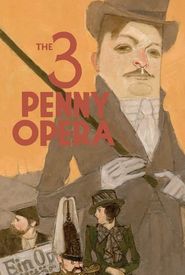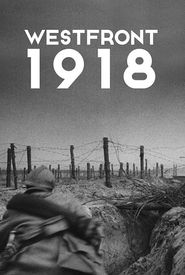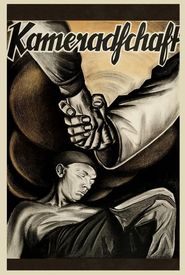László Vajda, a multifaceted individual with a rich career, began his journey as a country actor before transitioning to journalism in Budapest, where he worked for esteemed publications such as Tolnai Világlapja (The World Papers of Tolnai) and Színházi Élet (Theater Life).
As his career progressed, Vajda assumed various roles at the Hungarian Theater, starting in 1908 as the director, advancing to leading director in 1913, and ultimately becoming the art director in 1920.
At the end of 1922, Vajda relocated to Vienna, and subsequently to Berlin, where he honed his skills as a scenarist. His name became synonymous with his plays, and he earned recognition throughout Europe as a colleague of renowned filmmaker G.W. Pabst.
In Budapest, Vajda wrote a series of silent film scripts as the dramaturg for the Corvin factory, solidifying his reputation as an expert in his field.
Some of his most notable works include the screenplay for Jeanne Ney szerelme, adapted from the novel by I. Ehrenburg, as well as the global success Nyugati front and the adaptation of Koldusopera, which he co-created with the play's author, Brecht.
Vajda's legacy extends to his son, László Vajda Jr. (Ladislo Vajda),a prominent film director in his own right.
























